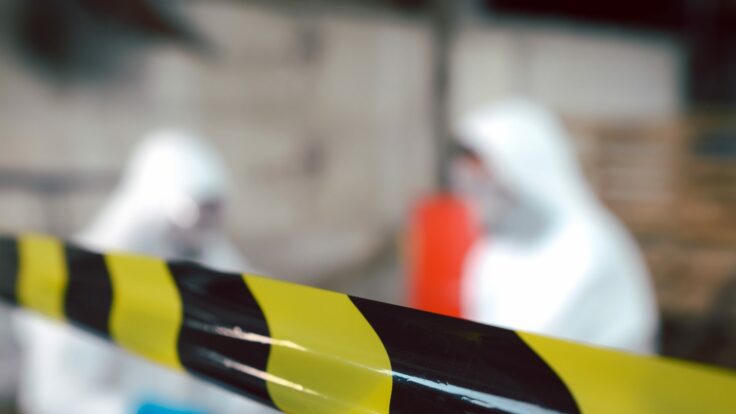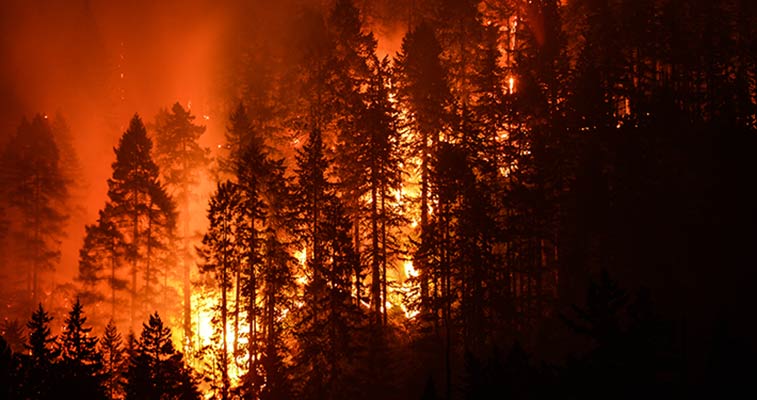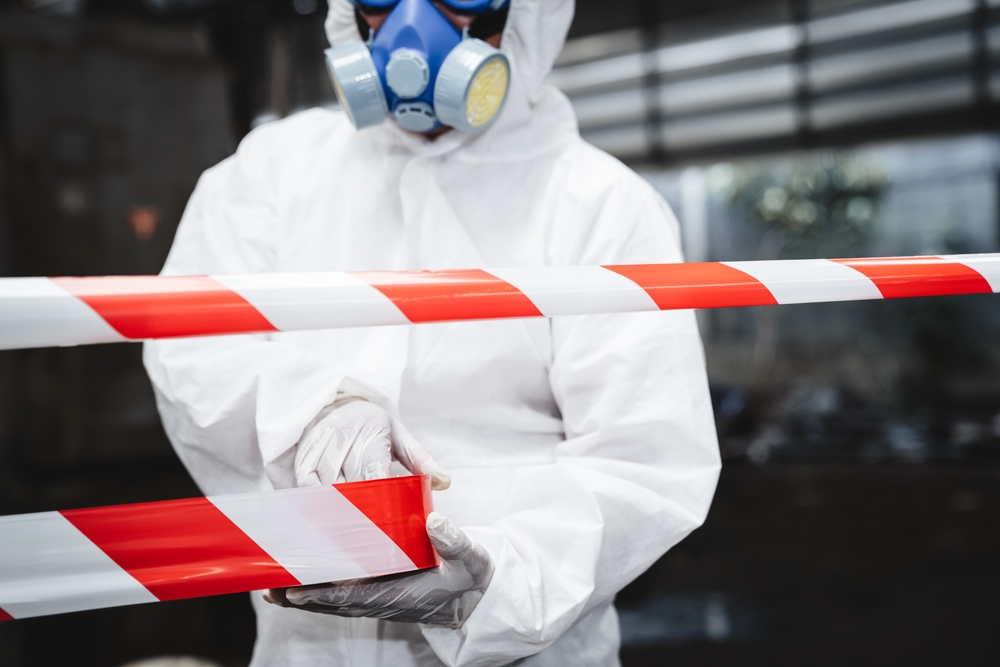of Safety
Fires, earthquakes, tornadoes, floods, and power outages — whatever the emergency is — can happen without warning. Emergency preparedness ensures that when an emergency strikes, you have a plan ready to go, and are not scrambling last minute to get all your resources in order. An emergency preparedness and response plan is a document that outlines the procedures on what to do in the event of an emergency, with the end goal of protecting the health and safety of all the workers involved.
No matter your business, a good emergency plan will help you handle the various crises that may come your way. Prepare BEFORE an emergency to ensure that workers and employers have the right equipment, information, and training to keep themselves safe when a disaster occurs. Not having a plan can have catastrophic consequences for your business – including injuries, financial losses, property damage, and even death.
Support for members in wildfire-affected areas | Health and safety contacts, support, and resources
Preparing for an extended power outage in the plant
Emergency Response planning
Support for Wildfire Evacuees and Emergency Response









